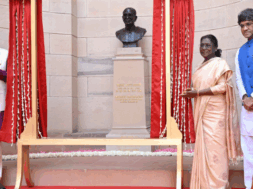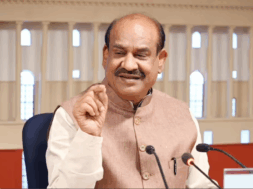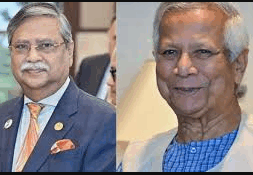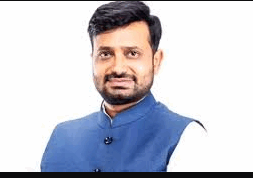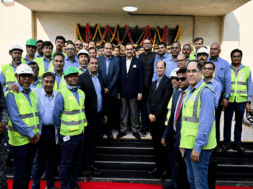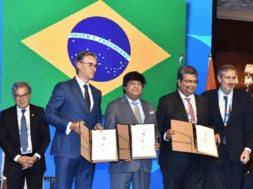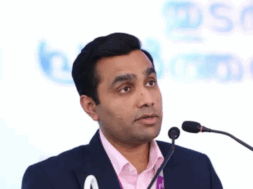
Technology: PM Modi promotes ‘silicon diplomacy’ for semiconductor revolution
Virendra Pandit
New Delhi: Prime Minister Narendra Modi on Wednesday unveiled the goal to grow India’s electronics sector, currently valued at more than USD 150 billion, to make it worth USD 500 billion, with the potential to create six million jobs by 2030.
“The world is now moving forward from an era of oil diplomacy to silicon diplomacy,” he said at an event in Greater Noida, near the national capital.
Addressing the inaugural session of “Semicon India 2024,” PM Modi said that this growth will directly benefit India’s rising semiconductor sector. “Our goal is that 100 percent of electronic manufacturing should happen in India. We will make semiconductor chips and the finished product as well.”
Inviting the global semiconductor manufacturers to join the efforts, he said, “This is the right time to be in India. You are at the right place at the right time. In the 21st-century India, the chips are never down…When they are down elsewhere, you can bet on India.”
India’s contribution to the world of design is 20 percent and is growing continuously. The country is creating a semiconductor workforce of 85,000 technicians, engineers, and R&D experts, he said.
Listing his government’s steps to promote semiconductor manufacturing, PM Modi said the government is offering 50 percent financial support for setting up semiconductor manufacturing facilities, with State governments also playing a key role in this effort.
“Because of these policies, India has attracted investments worth more than Rs. 1.5 lakh crore in a very short time and several projects are in the pipeline. We dream that every device in the world will have an Indian-made chip,” he said reiterating the country’s ambition to become a semiconductor powerhouse.
India is focused on making its students and professionals industry-ready, he said, recalling the first meeting of the Anusandhan National Research Foundation which aims to give new direction and energy to India’s research ecosystem. The government has earmarked a special research fund of Rs.1 lakh crore.
He said India has been chosen as Vice Chair of the Indo-Pacific Economic Framework’s Supply Chain Council and is a key partner in the QUAD Semiconductor Supply Chain Initiative. Besides, agreements have been signed with countries like Japan and Singapore, and India is deepening its cooperation with the United States in the semiconductor sector.
“India’s semiconductor ecosystem offers a solution not only for this country’s needs but also for the world…whether during the COVID-19 pandemic or a war, no industry remained unaffected by supply chain disruptions.”
PM Modi was confident in India’s ability to strengthen global efforts and applauded the stakeholders involved in this mission. “Whether it is mobile phone manufacturing, electronics, or semiconductors, our focus is clear—we want to build a world that doesn’t stop or pause in times of crisis but keeps moving forward,” he added.
On Tuesday, he also chaired a roundtable with the executives of semiconductor manufacturers, who discussed a range of subjects related to the sector, including the plans to take the sector forward worldwide.
The CEOs appreciated India’s commitment to the growth of the semiconductor sector.
Sanjay Mehrotra, CEO of Micron said, “This is the perfect time for India’s semiconductor mission, to develop semiconductor opportunities, because AI will grow, opportunities will increase, and I believe the best is yet to come.”
Ajit Manocha, CEO of Semiconductor Equipment and Materials International (SEMI), said the industry wants to become a trusted partner with India. For the first time, this industry will double its revenue to USD 1 trillion.
Kurt Sievers, CEO of NXP, expressed happiness over PM Modi’s vision, consistency, and foresight into what is needed from a semiconductor industry ecosystem development perspective for India.

